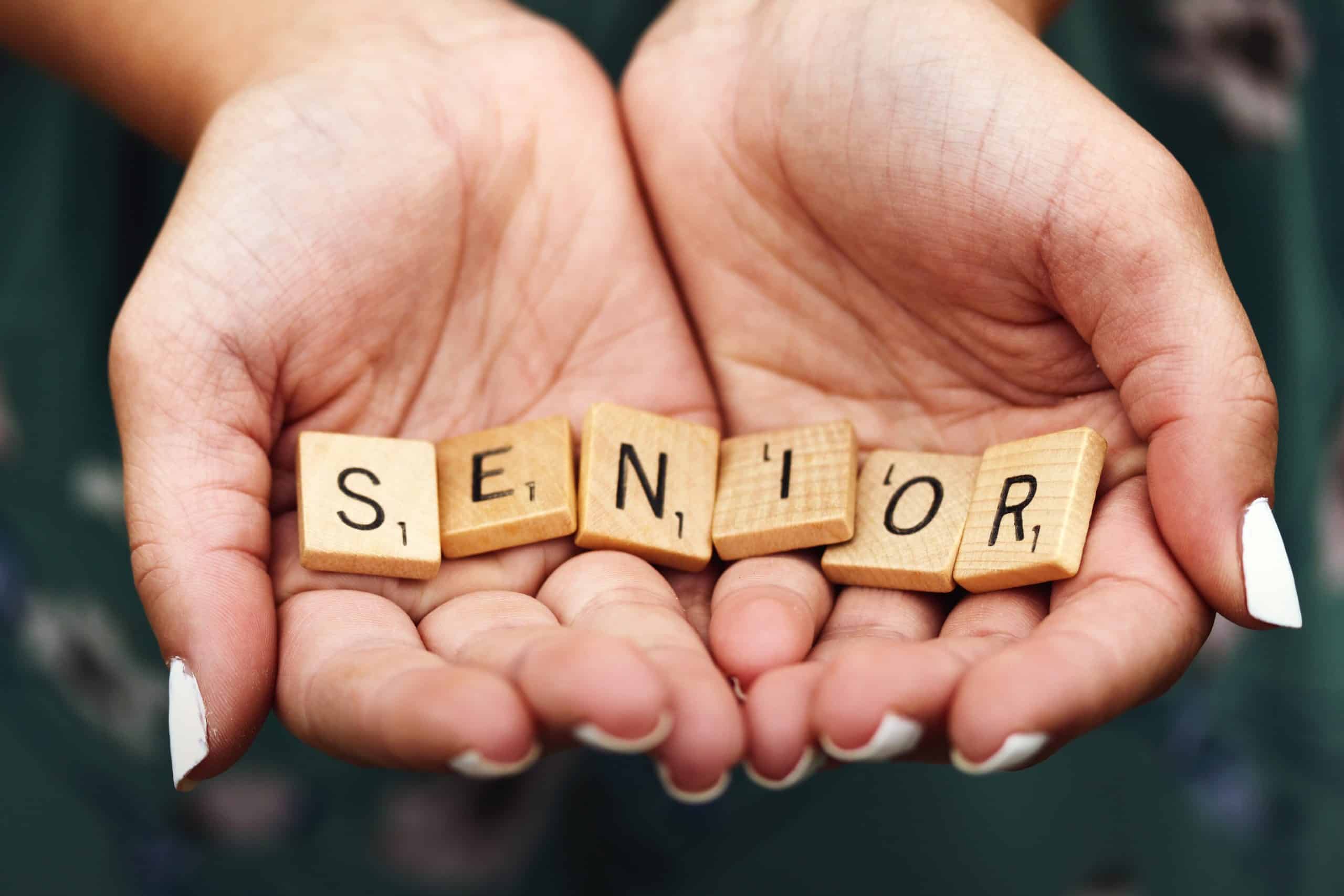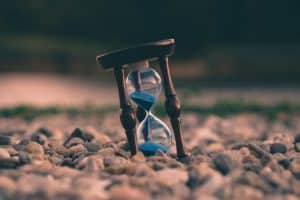MarketWatch’s recent article entitled “America’s growing elderly population is at risk — here’s what we can learn from Italy” says that we need to keep as many people at home to avoid spreading the disease, especially considering not everyone shows signs of the coronavirus but could still be carriers, and protect all citizens, especially the most vulnerable, including the elderly and those with heart and lung diseases.
“What you’re now hearing repeatedly, is that people over 60 and people who have chronic conditions are most at risk of coronavirus,” said Paul Irving, chairman of the Milken Institute Center for the Future of Aging. “That does create serious concerns for older Americans.”
The United States has more than 4,000 confirmed cases of the coronavirus, and 69 deaths.
Italy is to date the hardest hit country in Europe and has the second highest number of confirmed cases and deaths from the coronavirus. China started spreading the infectious disease in December. Italy experienced its highest number of cases within a 24-hour period last weekend — an increase of 3,590 cases and 398 deaths, officials said.
The State of Washington has had the most deaths in the U.S.—many of which were linked to an outbreak at a nursing home in Kirkland in February. There were 26 patients at the Life Care Center of Kirkland who have died between February 19 and March 13, the center said. More than 50% of its residents had been moved to hospitals. New York City, which just shut the nation’s largest public school system for a month, has had five cases as of Sunday night, including two people in their 50s, two people in their late 70s and one woman in her 80s.
The average age of those who passed away in Italy was 81, and many suffered from pre-existing health issues, the BBC said. In China, the death rate among those 80 and older was about 15%, according to a Chinese CCDC report last updated in the middle of February, when there were approximately 72,000 confirmed cases. Those between 70 and 79 years old had a death rate of 8%. By comparison, those in their 20s and 30s each had a death rate of 0.2%, according to Worldometers, which aggregated global reports related to coronavirus.
“There’s also a risk to the broader population, but we really need to focus on protecting our elders,” Irving said. “The older a disease-sufferer, the higher the risk.”
Although just 14.50% of the United States’ population is 65 and older, that number is anticipated to increase in the next decade. Since the start of 2011, about 10,000 people have turned 65 years old each day, and they will continue to do so until 2030, according to nonprofit think tank Pew Research Center. At that point, roughly 18% of the country will be 65 or older.
Government responses to the coronavirus include closing large gatherings of people. like sporting events, universities, and restaurants, which may be important in slowing down the spread of the virus. The CDC recommends all Americans, especially older people, to stay indoors, stock up on necessary food and medications, and reduce contact with others. The CDC also strongly urges everyone to wash their hands with soap and water for 20 seconds, avoid touching their faces and use hand sanitizer with at least 60% alcohol when soap is not available.
Reference: MarketWatch (March 16, 2020) “America’s growing elderly population is at risk — here’s what we can learn from Italy”



